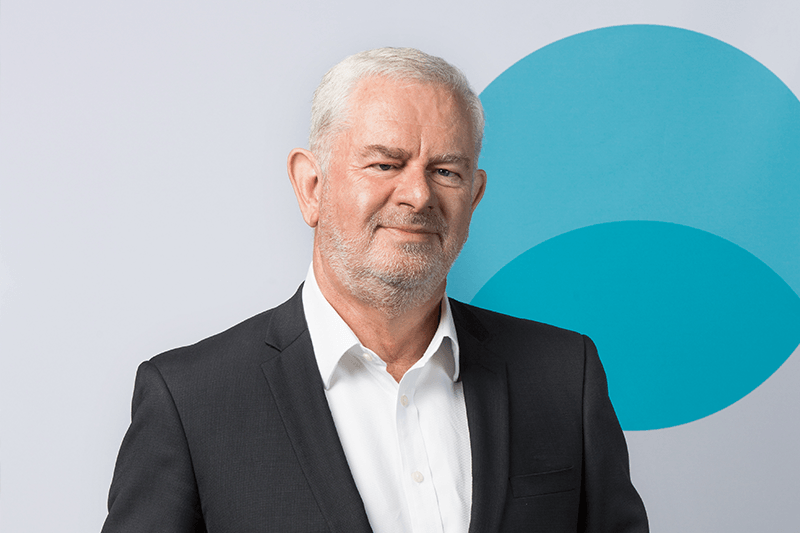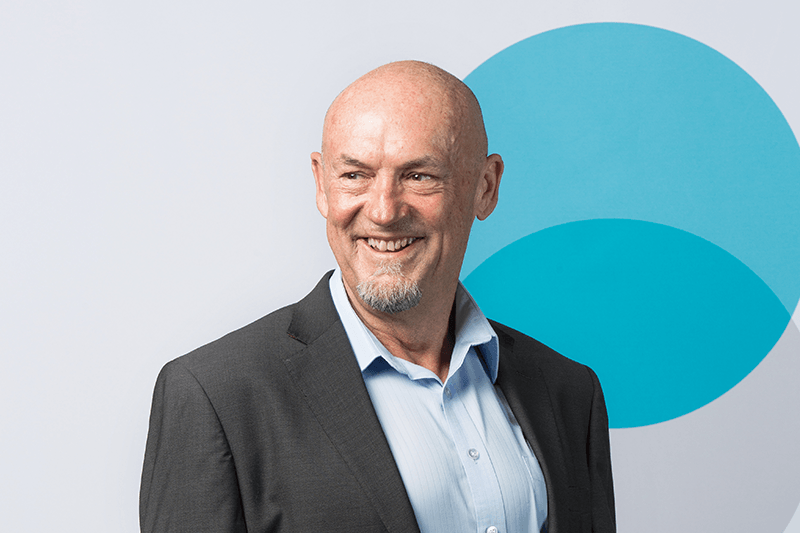When should I really start planning for my retirement?
When should I really start planning for my retirement?
For anyone who knows me, I have a standard answer for questions like this. And that answer is ‘it depends’.
Whether it is planning for retirement, buying a new home, deciding what school to send the kids to, what job to take, or where to go for holidays, there are simply numerous variables that need to be taken into account. Let’s face it, as humans, we are not infallible and we often get it wrong. However, some decisions we make in life are much bigger than others. And those are the ones we need to get right.
For many of us, retirement will last for 20 to 30 years, so getting it right becomes very important indeed.
I guess the short and simple answer to the question posed is ‘as early as possible’. And by that, I mean retirement planning is something we should start to think about as soon as we start working.
Now, I am not advocating for one moment that retirement should be all-consuming and front of mind for a 25-year-old, but a couple of simple steps put into action very early in our working life, that form part of a ‘set and forget’ strategy, may be the difference between a bleak or a comfortable retirement.
Superannuation is the Government’s preferred retirement savings structure, and it provides for some very attractive tax benefits. However, it is also highly politicised and as a result, the public is not all that confident in the system. That should not be the case and perhaps super is worth a second look, not only by those on the doorstep of retirement but for all ages.
Sure, employers currently contribute 9.5% of their employee’s salary to super and many employees think that is enough, particularly as this will increase to 12% over the coming years. But will that be enough?
I have always held the view that, coupled with the good and robust investment of superannuation savings, in a low-cost super fund, extra money should be contributed to super. And what is the magic number?
If someone were to have somewhere between 15% and 18% of their salary contributed to super over their entire working life, their accumulated super at retirement would have a significant impact on the type of lifestyle they can afford in retirement.
The secret is we need to start making additional contributions as early as possible. Starting to make additional contributions of 3% to 5% of salary to super at age 50 is good, but it is not nearly as good as starting at 25 when compounding interest, which thrives on time, can work its magic.
The sad thing is that for many of us, retirement is seen as being too far in the distance. We simply don’t give our super any attention at all.
If fact research suggests that, particularly for younger people, we have little or no idea of:
- which super fund we are a member of
- how many super accounts we have
- how much is in our account
- what insurance – if any, is in place
- how our money is invested
- how much are we paying in fees and charges?
Fees have the potential to erode our savings significantly over time.
As we are now entering a new financial year, perhaps it is a good time to take a closer look at our super.
If we have more than one super fund – most Australians have multiple accounts – perhaps it is appropriate to consolidate it all into one account. But before doing so, have an expert review your super to ensure you will not lose any valuable insurance cover by consolidating funds, and ensure the fund you eventually settle on provides the right balance of features and investment options that are suitable for you.
At the same time, look to enter a salary sacrifice arrangement with your employer to make additional contributions to super, or make regular personal contributions you can claim a tax deduction for, even if it is only an additional 3% to 5% of salary. Guaranteed, that after a couple of pays, you won’t even miss the extra contributions.
Superannuation is complex and frankly, pretty boring. But spending a little time to understand what you have, what is available and seeking some good advice will reap huge benefits when you eventually retire – even if it is not for another 10, 20, or 30 years.
Trust me, you will thank yourself for the steps you take today to secure your future.
Share this:
- Click to share on Twitter (Opens in new window)
- Click to share on Facebook (Opens in new window)
- Click to share on Google+ (Opens in new window)
Related
Blog Authors






